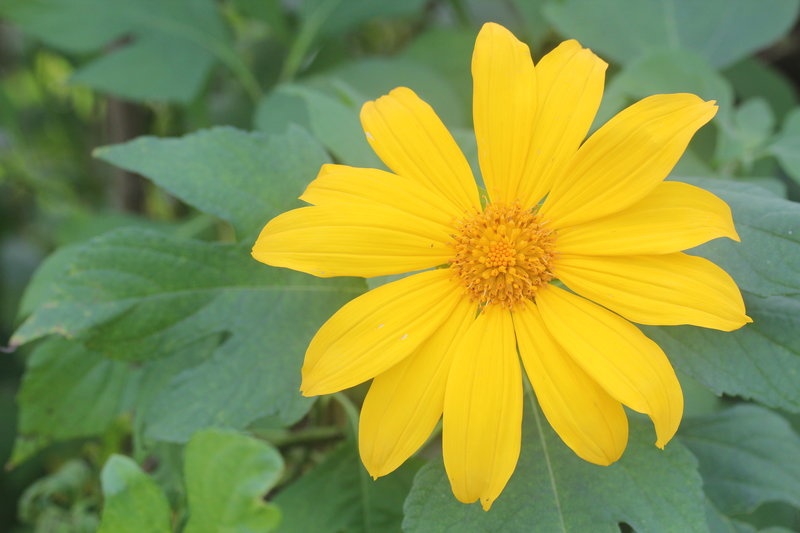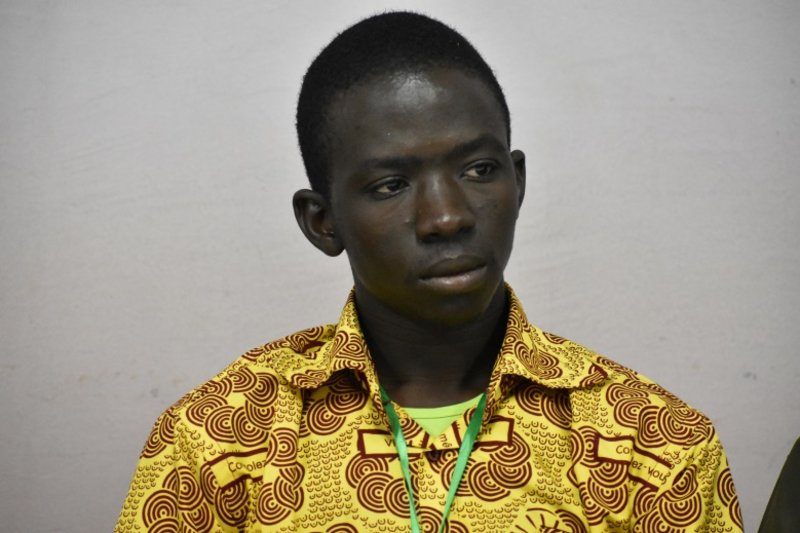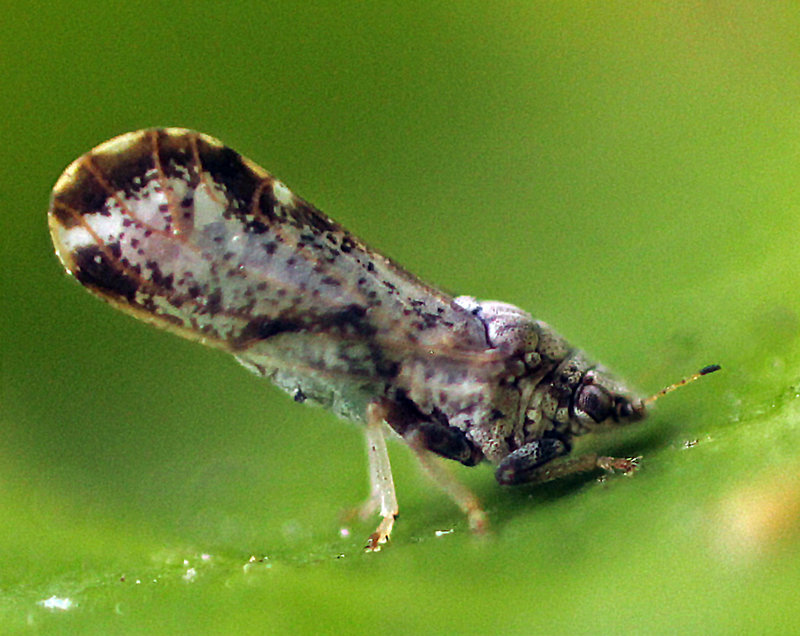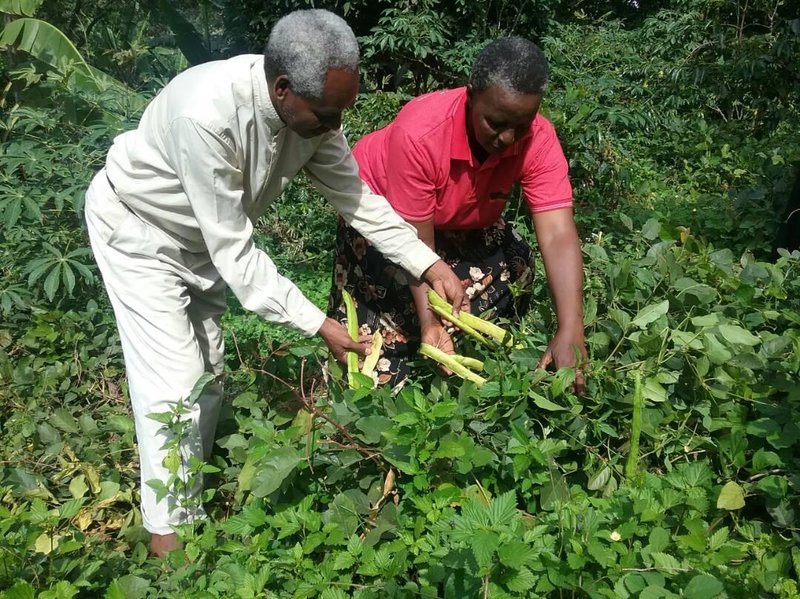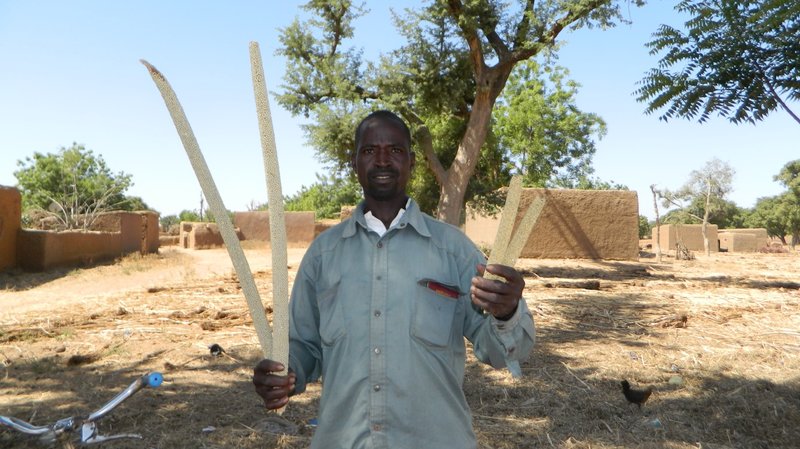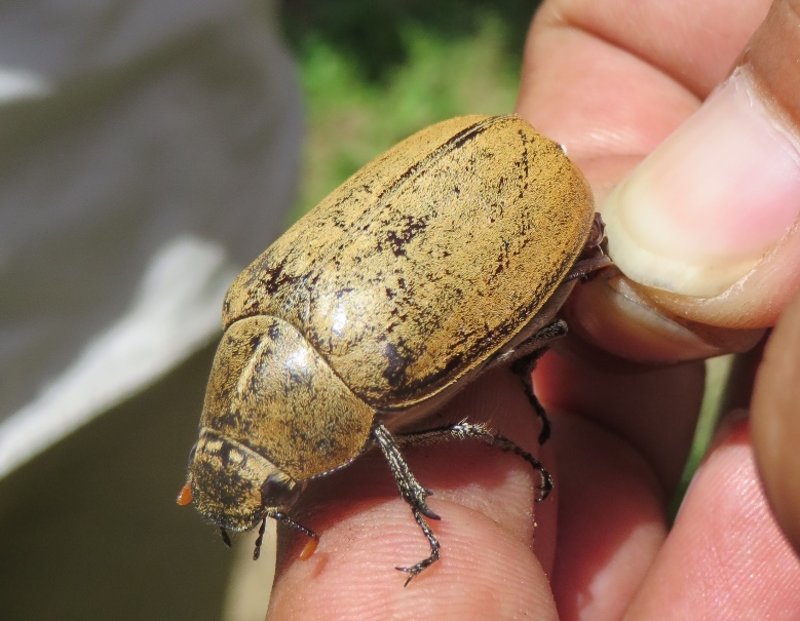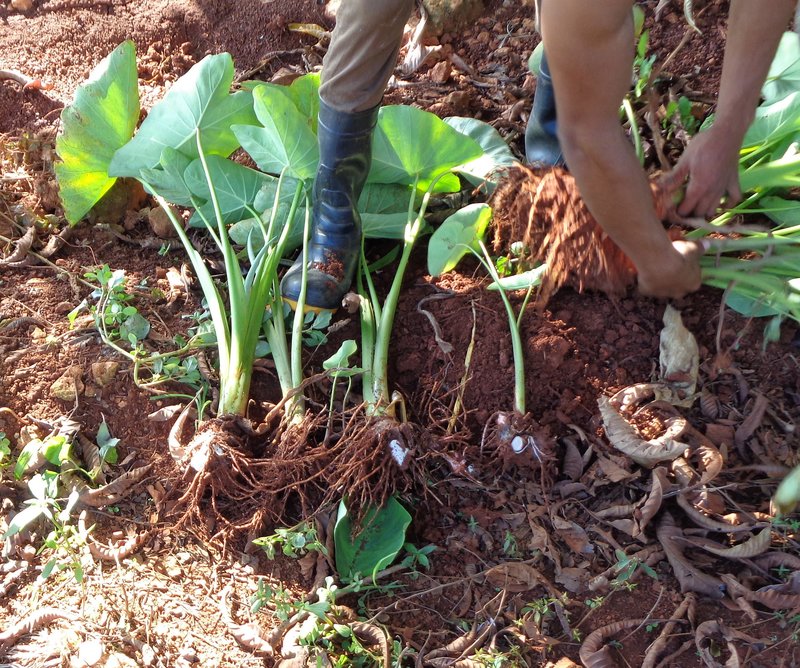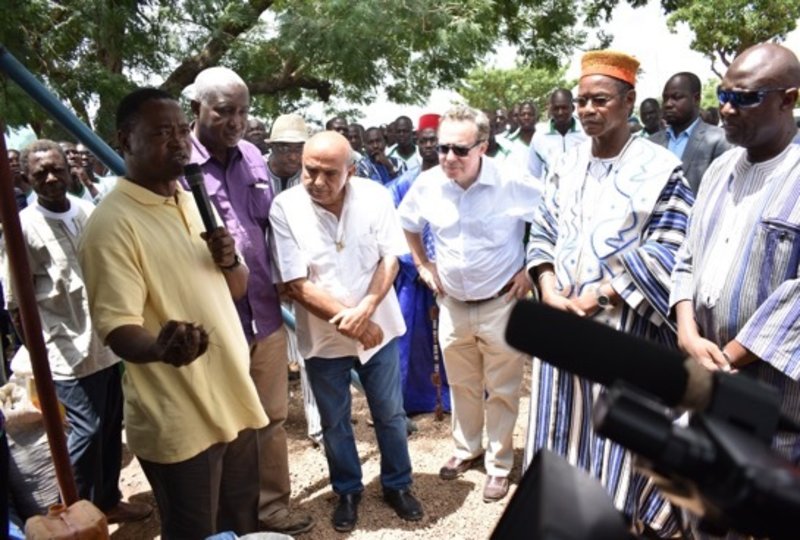ECHOcommunity อัปเดต
ECHO Technical Note #91: Underutilized Crops for Small Farm Abundance - Now Available 2018-03-22
Traditional diets included a wide variety of ingredients from myriad wild and domesticated plants. Regional cuisines were shaped by native species in their local environment and by gradually-adopted plants from distant places. The modern global food system and market pressures have reversed this trend, so that today’s diets rely on a dwindling number of crops for a growing number of people. This has profound effects on health and leads to dependence on unstable commodity markets. Malnutrition and food insecurity are critical issues for society’s most vulnerable citizens.
This Technical Note (TN) will explore the unique plants that are used around the world to add variety and dependability to diets. Some species are wild or naturalized and can be found in forests, fields, and wetlands. Some are old cultivars of widely grown crops that have fallen out of use. Others are popular in one part of the world, but could be a valuable contribution to diets around the globe. Many have multiple uses and benefits. An essential part of ECHO’s mission is to make seeds or cuttings of these traditional plants available to at-risk communities.
This TN addresses underutilized crops from the perspective of the smallholder farmer and community-based development worker. It will not discuss national and international policies, or international genetic preservation efforts. It will discuss underutilized plants and climate change from the perspective of local- and farm-level resilience, but will not examine global mitigation and adaptation implications. Livestock, aquaculture, or marine species are not addressed in this TN.
Member Profile: Mr. Karim Soré 2018-03-06
Mr. Karim Soré works as a facilitator with AZN (Association of Zooram Nongtaaba) in Guié, and lives in the village of Goèma, located in the province of Sanematenga. Karim works with a small group of farmers who do not readily embrace change when it comes to the way in which they have always practiced agriculture. Because of this, Karim decided to demonstrate these FFF techniques in the field that the village had given him.
EDN Issue 138 - Now Available 2018-02-14
In this issue:
- Yellow Shoot, Green Fruit: Citrus Greening Disease
- EIAC 2017 Topic Summaries
- Echoes from our Network: edible insect feedback
- From ECHO's Seed Bank: Tree Lucerne (Tagasaste), multipurpose forage crop for the highlands
- eBook Release: Agricultural Options for Small-Scale Farmers
Yellow Shoot, Green Fruit: Citrus Greening Disease Guidance for Citrus growers in the tropics
from interviews with Tim Gast and Tim Watkins, summarized by Stacy Reader
Excerpt: Bacteria in the genus Candidatus Liberibacter have caused a decline in citrus trees around the globe. The bacteria clog the sugar transport system (phloem) of a tree, effectively destroying the tree’s ability to send synthesized starches from the leaves to the roots. The roots die without access to the simple starches that are their food. The compromised root system is then unable to supply leaves with sufficient water and nutrients. Once a tree is infected, there is no cure for the disease. However, we now have more hope that we can help trees recover from and grow out of the disease than we used to.
With multiple requests for information about widespread citrus decline, we decided to learn more about its potential cause and practical management tools. We interviewed Tim Gast, Citrus Production Manager at the University of Florida’s Southwest Florida Research and Education Center, and Tim Watkins, Head of Agricultural Operations at ECHO Florida’s Global Farm.
Jack Bean as an Effective GMCC in East Africa 2018-02-06
East African farmers Kaneli and Happiness Mafie are combating this soil erosion and improving moisture retention by planting Canavalia Ensiformis, known as "Jack Bean." Canavalia, is a cover crop that is highly encouraged to farmers for increasing nitrogen levels in the soil and providing shade for the soil.
Biosphere Foundation: Report on seed trials 2018-01-30
In 2012 Biosphere Foundation in conjunction with various local community organization and LIPI (Indonesian Institute of Science) started to carry out relevant research activities. These activities included research into agricultural improvement in the farms surrounding the National Park that would utilize sustainable methods to increase crop production using an agroforestry approach.
The study aimed to optimize agricultural production both in the monsoon season and the dry season to improve the economic condition of farmers and increase food and fodder production. All parts of the research were carried out using a system of participatory research with the farmers themselves taking part in the set up and collection of data. All crops were tested without any use of pesticides and with locally obtained cow manure as fertilizer.
The crops used for testing or incorporation into a demonstration model were selected on the basis that they have one or many of the following properties:
- Drought hardiness
- Nitrogen fixing properties
- Were marketable locally
- Were improved varieties of crops already familiar to the farmer
- Were potential products that could be marketed in Bali
Asia Chaya African Moringa Yard long Bean Chickpea Tomatoes Millet Sorghum bicolor Sorghum Winged Bean Cowpea Roselle Sunn Hemp Velvet Bean Bali eggplant
Photo Story: Amazing FFF 2018-01-16
This photo story submitted by Robert Sanou
Caption: In Africa we say that there is just some information that we can’t keep to ourselves.
The farmer in the photo planted two separate fields of millet, one using the FFF method (left) and the other using the traditional method (right).
Just amazing!
Fighting for Farms on the Island of Bali – Overcoming a Major Insect Pest 2018-01-07
Guest post by Patrick Trail
With the threat of eruption of the menacing Mt. Agung volcano looming in the background (which has since erupted), and the evacuation of numerous communities from its slopes, I could understand how people might be willing to leave their homes and vacate their farms. What was more shocking however, was learning that something far smaller and seemingly benign, a local insect pest known as Gayes, could have caused farmers in the same area to have abandoned their fields long before the threat of any volcanic eruption.
Youth Agroecology Short Film - "My Name is Lee" by Emma Bailey 2017-11-17
This short film was selected as one of the top eight entries in the Youth Agroecology Short Film Competition, a collaboration between the Agroecology Learning Alliance in Southeast Asia and the Luang Prabang Film Festival. Selected from dozens of submissions from Cambodia, Laos, Myanmar, and Thailand, these films address issues of sustainable farming, the environment, and agroecology, as well as the role that youth can play in leading a much-needed agricultural revolution in the Mekong region.
Reflections on a Trip to Cuba 2017-11-03
At the invitation of the United Methodist Church of Cuba, in early October, a team of three ECHO staff traveled to Cuba. During the five day visit, the team was shown four sites in which the church is currently farming or plans to farm. Following are the team’s observations.
Land tenure in Cuba is different than in other places in which we have worked and/or visited. There is a good bit of fallow land available for production. Along the roads traveled we observed many exotic tree species yet did not see indigenous forests. There are national parks and natural areas; however, visiting those was not possible given the limited amount of time we had. We covered about 400 km by road!
Promoting Youth in Agriculture in Burkina Faso 2017-10-11
Youth unemployment and rural-to-urban migration are big problems in Burkina Faso, as in many other countries. The Laarlé Naba Tigré, a king in the Mossi tribe, is doing something about it. He is demonstrating how agriculture can be a viable future for Burkina youth on his 200-hectare ranch in Dapelgo. The Laarlé Naba Tigré has planted 37,000 moringa trees and built a moringa processing facility, is growing jatropha for biofuels, is raising 11,000 chickens for eggs and meat, as well as improving yields of cotton, maize, millet, and sorghum.
